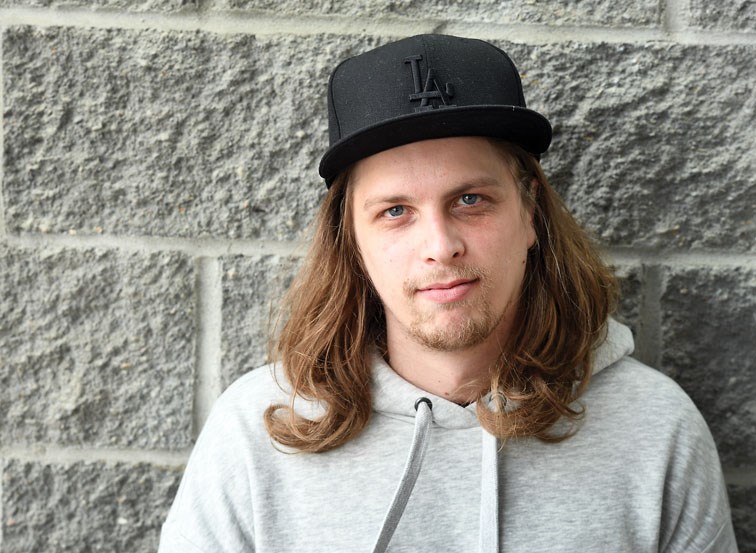The city's musical talent isn't always in the spotlight on the mainstage. Sometimes, our locally developed talent takes up important positions behind the scenes. Darnell Toth is a highly regarded musician, and he was born and raised in Prince George, but he is one of the country's rising star producers and navigators of the music industry, getting behind the careers of others pursuing show business.
Toth is the president of MC2 Music Media and CEO of Equation Productions based in Toronto. These companies combine to provide a full range of music services, from songwriting consultation to studio creation to video and social media content to touring and marketing arrangements.
Some of the artists Toth has worked with in these regards are Kristy Hagerman, Grand Format, The Lad Classic, Amanie Illfated, Walkwaves, Across The Board, and the artist who brought him back home this past week, Jessica Speziale.
Theirs is a special relationship, since they are life-partners as well as musical collaborators. The latest Speziale release is called Awakening and it is based on a key innovation. It is a small handful of songs, as opposed to a full-length release, but it has a lush rock version and a stripped down acoustic version of each song. It gives the audience twice the ability to enjoy each song, and also shows the range of what Speziale can do with her music in the studio setting or the live stage.
The small song sample is also part of their music strategy. When pop music first hit the embryonic radio airwaves on an industrial scale, it was customary for a musician to produce singles on vinyl records. They would keep pumping out the singles and audiences either loved it or were indifferent. The more singles you could produce that caught the public's ear, the stronger your career especially on tour because there was no income derived from your presence on radio, only reputation.
Later, starting slowly in the 1950s then building up to a peak in the late 1990s, artists got paid handsomely for the sale of records and radio play, so it became more lucrative to produce large packages of songs on long-play records, tapes and CDs. Touring was less important. It was a separate business model, in fact. For the stars of the music industry, they might produce an album (and a large-scale tour) every two or three years with little else in between. Almost all of it was financed and creatively controlled by monolithic corporations.
When the internet caused the collapse of payment-per-listen to musicians, the business model once again changed drastically. Corporations' financing was no longer needed to create and distribute the music. Retail chains and radio/TV monopolies no longer were required to present the music to the public. Now it was all in the hands of home-based and DIY music acts.
Toth and Speziale mapped out a new, modern way to keep a music career visible and viable. It was using new technologies but going back to the old ways of basing the profession. No longer would they look at making feature-length albums or settling into a single genre. They would produce bite-sized music amounts, have it sound any which way they liked, and wait much less time between releases.
One of the acts he works with, a hiphop artist named Ellevan, has released 80 singles in young 2018 alone, since audiences are in full control of what they consume. Any and all of those songs might find a different audience, instead of forcing one purchaser to endure eight or 10 songs that got attached to the one or two they bought an album for in the old days. It gives the audience and the artist full flexibility with each other.
"Disappearing for two years to write a new album in not where we want to be," said Speziale. "We already have songs in production for the next release (after Awakening)."
"Don't store it all up and hide it away for some big moment of release," Toth advised. "Put it out there. Let it go. Set it free. And be available to your fans, in concerts and on the road and on social media. Let your audience come along on your journey."
Toth's journey started as a child at South Fort George Elementary School (now a community centre) and Southridge Elementary School. Then he went to high school at College Heights Secondary, graduating in 2006.
Following graduation, he knew music was his passion so he moved to Kelowna to attend studio production school.
He came back to P.G. after that, and was in a band here called Karadelle (they released an EP entitled All That We Are Is What Is Held Within This Moment. Another member of that band, Matthew Roach, has also gone into the music production and content creation profession) before wandering east to Toronto where all his experiences and education found a base of operations that now works on behalf of more than a dozen active music artists right now.
Yet he still makes it a priority to come back to his hometown, reconnect with family and friends, and keep in touch with his own music roots.



